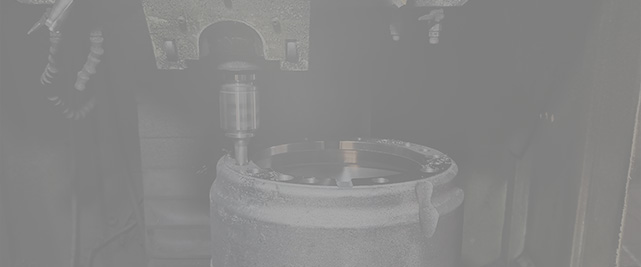Sep . 02, 2024 22:13 Back to list
High-Quality Brake Drum Casting Manufacturer | Precision Engineered Automotive Parts
The Importance of Brake Drum Casting in Automotive Engineering
Brake systems are a crucial component of any vehicle, ensuring safety and reliability in stopping power. Among the various components of these systems, the brake drum plays a significant role, particularly in drum brake configurations. The process of casting brake drums is vital in manufacturing robust and efficient braking systems, and understanding this process can shed light on its importance in automotive engineering.
Brake drums are typically made from cast iron due to its excellent wear resistance, thermal conductivity, and ability to withstand high temperatures generated during braking. The casting process involves melting iron and pouring it into molds shaped like the desired brake drum. Once cooled, the cast iron solidifies, forming a strong and durable component. The quality of the casting process directly impacts the performance and safety of the braking system.
One of the primary benefits of brake drum casting is the ability to create complex shapes that are not possible with other manufacturing methods. This flexibility allows engineers to design brake drums that meet specific performance criteria, such as thermal expansion, weight reduction, and durability under various driving conditions. Advanced casting techniques, such as precision casting or sand casting, enable manufacturers to produce brake drums with tight tolerances and high-quality surface finishes.
brake drum casting

Another key aspect of casting brake drums is the ability to incorporate various alloying elements into the cast iron. These elements can enhance the material properties, improving the braking performance and lifespan of the drums. For instance, the addition of nickel or chromium can increase the strength and corrosion resistance of the brake drums, making them more reliable in diverse environmental conditions.
The casting process also contributes to sustainability. By using recycled materials, manufacturers can create brake drums that minimize waste and reduce the environmental impact associated with new raw material extraction. This approach aligns with the automotive industry's shift toward more sustainable practices, addressing both economic and ecological concerns.
Moreover, regular testing and quality control are essential throughout the casting process. Manufacturers employ various testing methods, such as ultrasonic testing and X-ray inspections, to identify any defects in the casting. This dedication to quality ensures that each brake drum meets stringent safety standards and performs effectively under stress.
In conclusion, brake drum casting is a fundamental process in automotive engineering that significantly impacts vehicle safety and performance. By utilizing advanced techniques and materials, manufacturers can create high-quality brake drums that withstand the rigors of everyday use. The continual enhancement of casting technology not only improves product reliability but also contributes to the sustainability goals of the automotive industry. As vehicles become more sophisticated, the importance of high-performance brake components like cast brake drums cannot be overstated, ensuring that drivers can rely on their vehicles to stop safely and effectively.
-
Your Brake Drum Man: Quality & Performance Parts
NewsAug.21,2025
-
Explore Japan: Ultimate Travel Guide & Authentic Experiences
NewsAug.19,2025
-
Your Brake Drum Man: Premium & Reliable Brake Drums for Sale
NewsAug.18,2025
-
ROR Web Development: Build Fast, Scalable, Secure Apps
NewsAug.17,2025
-
Scania Brake Drums: OEM Quality for Optimal Safety & Durability
NewsAug.16,2025
-
R.V.I: Advanced Remote Visual Inspection for Precision
NewsAug.15,2025
